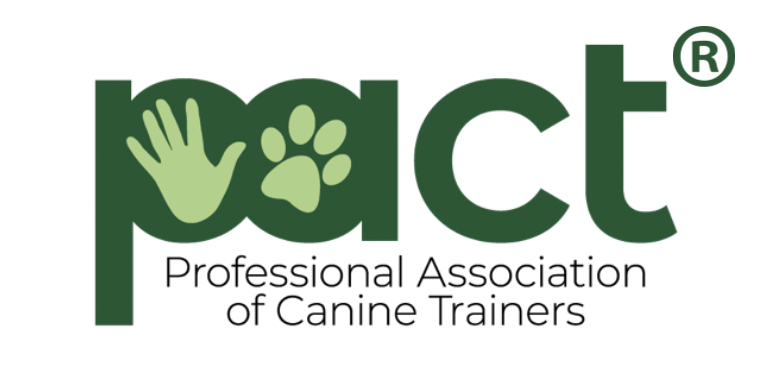Campaigning for Animal Welfare
We want to help you let your local MPs know about the animal welfare issues you think are important. To help you with this we have put together the following guide.
What will contacting my MP achieve?
It’s an MP’s job to represent your views in parliament
They can raise important animal welfare issues in debates
Ask parliamentary questions on the issues
Write to government departments to try and make a positive change for animal welfare
What is PACT doing to campaign for change?
The Lobbying Act introduced restrictions as to what companies and non-governmental organisations can say in the 12 months leading up to a general election. This can be applied retrospectively, meaning campaigners can technically be impacted by a “regulated period” at any time. The speed at which the 2017 general election was called shows how easily this can be done and calls for a new election are never far away. Therefore, the most appropriate way to enact change is for us to contact MPs as individuals, not as an organisation or company.
Who is my MP?
An MP can only represent his/her own constituents, so it is important to find who your local MP is and write to the correct person. You can search online using your postcode or region. to find the contact details of your local MP and MEP:
Contacting your MP through Twitter
Lots of MPs use social media and it’s a great way for you to communicate directly with your representative. It is very quick and easy for you to contact them, and you will often receive a response directly from the MP. It also helps spread the message about the campaigns you think are important to your friends and other people on social media.
Around 60% of MPs use Twitter and you can see if yours does as www.tweetminster.co.uk/mps.
Make sure you get the MP’s Twitter handle correct and use the @ sign
Use hashtags so that other people interested in the same issue can see what you have tweeted.
You could also share links to relevant information or details about a debate you want an MP to attend, or an early day motion (www.parliament.uk/edm) you would like them to sign.
Example tweets:
@insertmpnamehere what would you do to stop puppy farming?
@insertmpnamehere would you support a ban on electric shock collars?
Emailing or writing to your MP
MPs want to hear what you have to say; it is their job to represent your views so make sure you tell them how important these issues are to you. Once you find information about an animal welfare issue you are interested in, you can write to your MP about why a specific issue is important to you and request how they intend to vote in parliament (if a vote is imminent) or what their stance is on particular issues.
Personalise your letter: If you are writing about a campaign on irresponsible dog ownership then let your MP know about issues you see in the local area where you live. Suggest what you want your MP to do - would you like them to sign a petition, attend a debate, vote in an issues or simply find out more from the government regarding a particular topic.
General information and tips for a successful letter . . .
Always be polite, clear and to the point. Mention that you are a constituent.
Include your address if you are writing a letter to your MP, but don’t disclose it on social media
Tailor your letter to include the interests and voting records of your MP (you can find out more about them here)
Proof-read before sending to avoid any grammatical or spelling mistakes.
Don’t swear, be rude, troll or flood your MP with correspondence.
Share your responses on social media and encourage others to contact their MP too.
If you email your letter to your MP, make sure you include a subject header so that they know what you are contacting them about, and include your full address or postcode so that the MP knows you live in their constituency.
Letter templates
We have created letter templates that you can download and tailor for a range of animal welfare issues. Please use these to contact your MP and let us know if/when you get a response.





